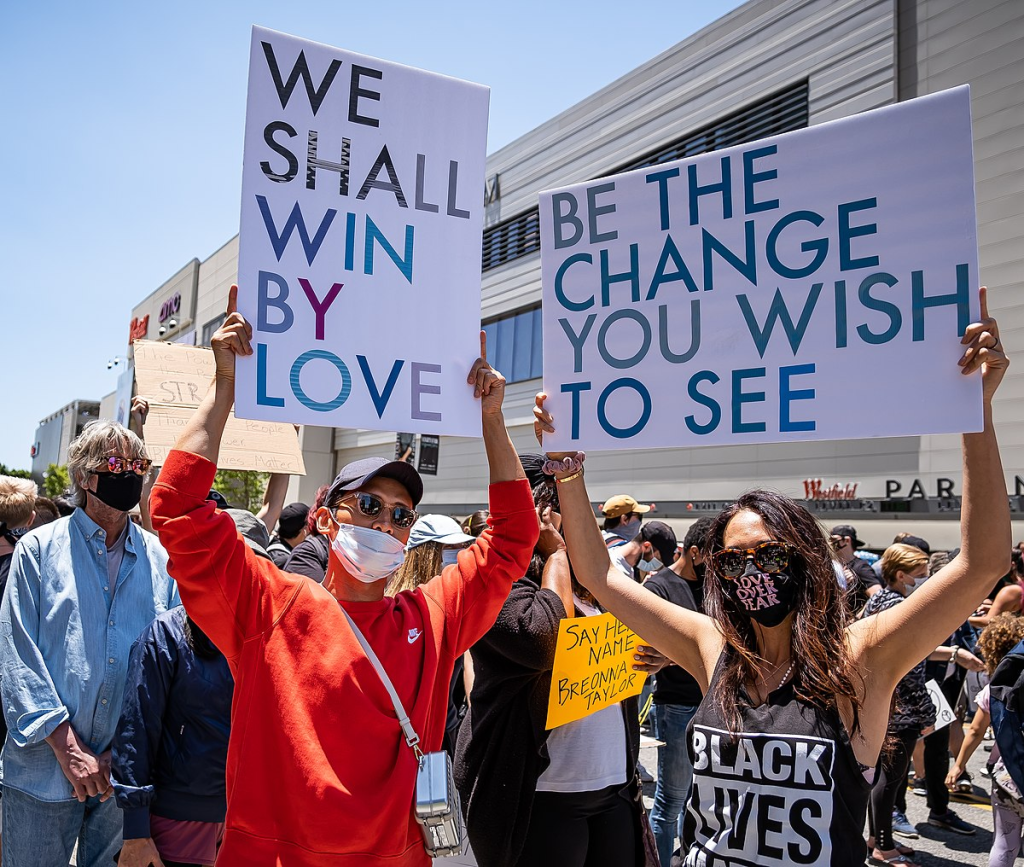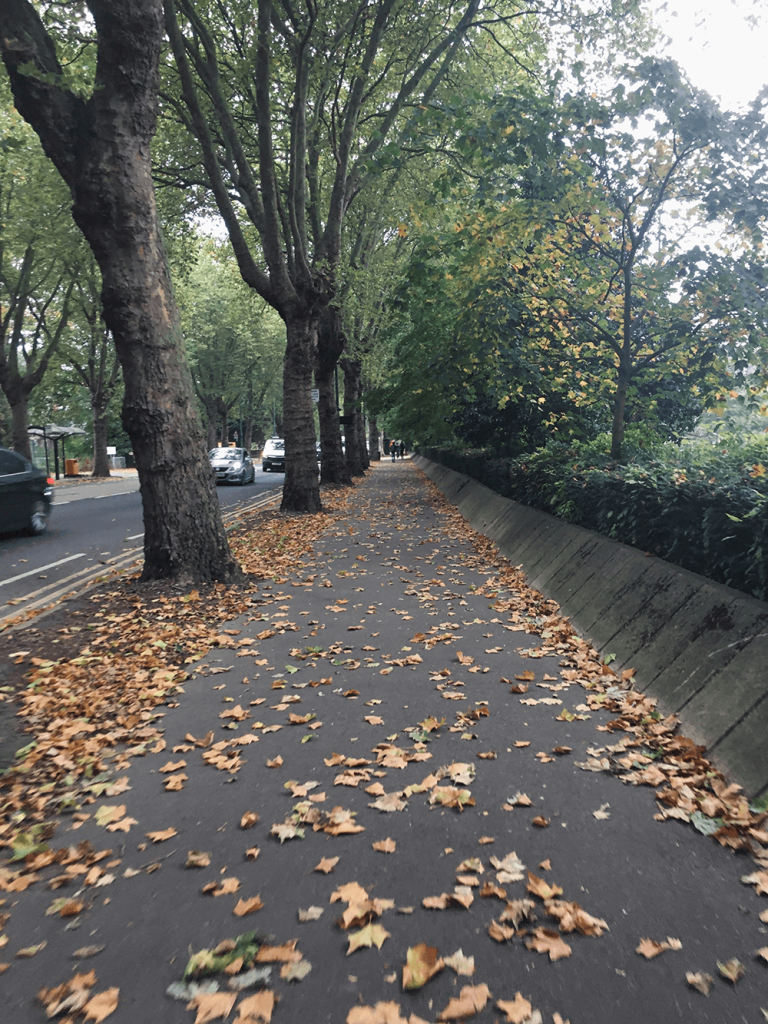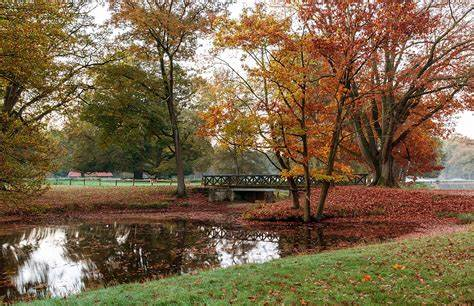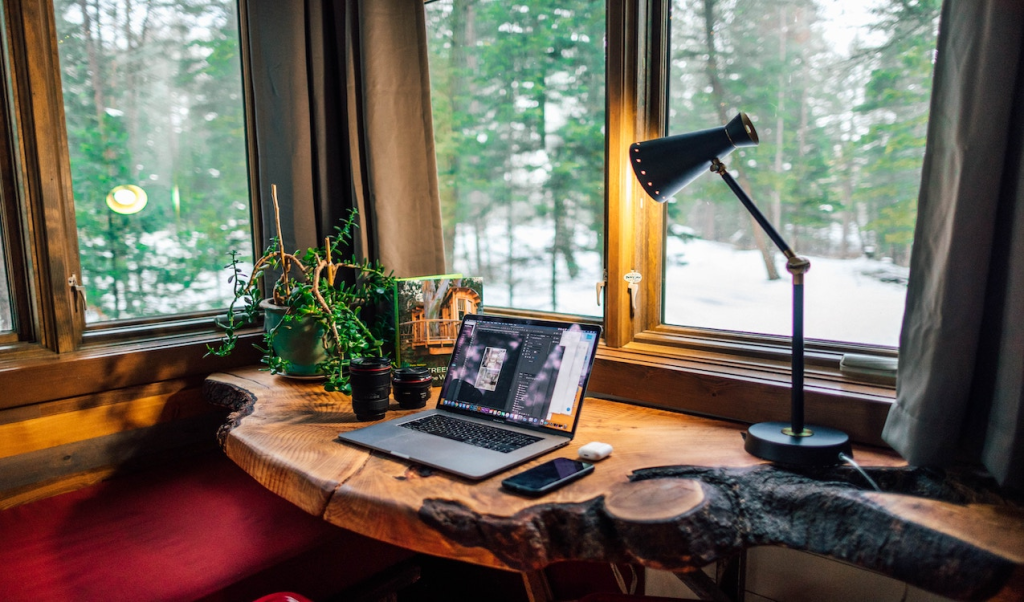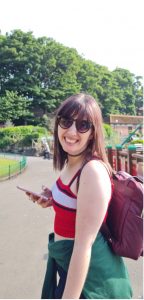My Internship Progress – The Final Post
Two weeks ago, the public communication skills guide I’ve been working on went live and is now available for all who need/want guidance and advice on these types of assessments, but also for anyone who wants to learn more about writing for the public. I am incredibly proud of myself for completing this guide and the amount of work I’ve put into it.
I’ve also been working on the content for another new SkillsGuide about infographics, using the information provided by Dr Dom Henri, a lecturer at the university, as well as my own research into visual communications and design principles.
Writing these guides has provided me with more research expertise and taught me about how to communicate efficiently to the public; this will help me with furthering my career.
As well as working on the guides I’ve been writing weekly blog posts (like this one). I concentrated mainly on student well-being and mental health due to this being incredibly important to me. I also wrote about my experience as a creative writer and aspiring indie author. Me and the other interns collaborated on a few posts too, to help students with time management and procrastination. Writing these posts alongside the skills guides content has given me the opportunity to be more creative whilst working which I have really enjoyed.
Even though my internship has included a lot of writing, I have also helped start discussions between one of my old lecturers and the Skills Team to provide more guidance to Creative Writing students. This involved setting up a tutorial session for first-years to teach them how to get the most out of the library and skills guides, as well as the Creative Writing department potentially writing content for a SkillsGuide about creative writing assessments. I was very proactive as a student, so am passionate about helping other students as much as I can.
What have I learnt whilst being an intern?
I realised that I am good at working on my own initiative, and always have many creative ideas. I can be impulsive, however, but whilst working I learnt how not to jump the gun, instead, I should talk things through with the team to get the best results. I found that I am incredibly passionate about collaborating with other departments/teams to help student experience and engagement. This passion has led me to apply to become a Graduate Ambassador at the university. (Hopefully, I won’t be leaving the university just yet)
What’s next for me?
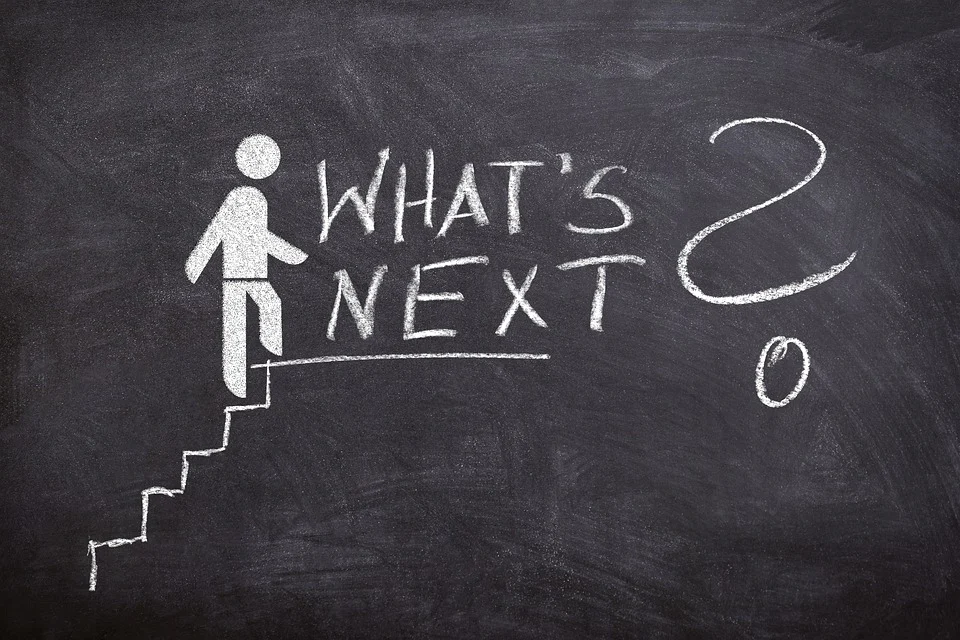
Image from Pixabay
Being an intern at Hull has offered me many new opportunities. Not only have I applied for the ambassador position, but I’ve also been able to apply for copywriting, marketing and social media positions. I now have more confidence in my capabilities, and I am a lot more ambitious after these 12 weeks.
I am incredibly thankful for the opportunity of being an intern with the Skills Team and can’t wait to see what the future holds.
Oh, one other thing, I am still working on my book and am now a Master of the Arts!

